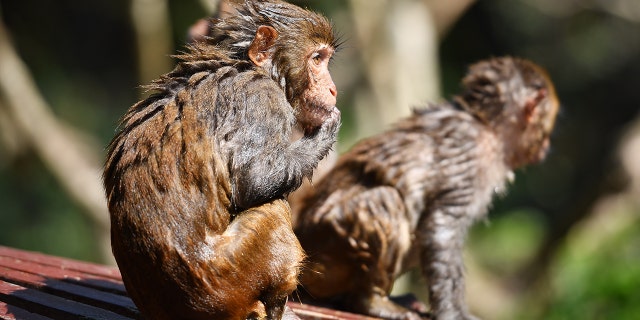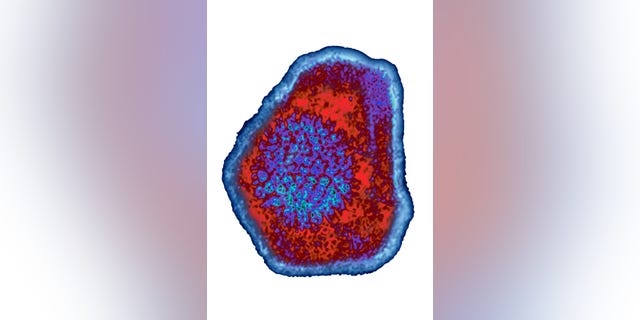Fox News Flash top headlines for July 20
Fox News Flash top headlines are here. Check out what’s clicking on Foxnews.com.
A veterinarian in China has become the first person in the country to contract and die of the extremely rare Monkey B virus, Chinese officials said last weekend, according to reports.
The veterinarian, 53, suffered severe nausea and a fever two months after dissecting two monkeys at a breeding research institute in Beijing and died on May 27, according to the Washington Post.
The Monkey B virus, also known as the Herpes B virus, usually comes from contact with a macaque monkey and can cause severe brain damage or death, according to the U.S. Centers for Disease Control and Prevention.
The virus attacks the central nervous system and has about an 80% fatality rate if untreated, the Post reported, citing infectious disease expert Kentaro Iwata of Japan’s Kobe University.
The CDC says there is only one documented case of the virus spreading from person to person.
A U.S. resident who had visited Nigeria was diagnosed with monkeypox last week after returning to Texas, according to the CDC.
LINGSHUI, April 4, 2021 — Macaques rest at Nanwan Monkey Islet in Lingshui County, south China’s Hainan Province, April 4, 2021. (Photo by Guo Cheng/Xinhua via Getty) (Xinhua/Guo Cheng via Getty Images)
Monkeypox is a completely different virus – it causes flu-like symptoms and a rash and is linked to smallpox – but both viruses can be contracted through contact with animals.
Herpesvirus Herpesvirus Simiae Or Monkey B Virus Leads To A Lethal Encephalomyelitis. Image Made According To A View Under Transmission Electron Microscope, Viral Diameter 180 Nm. (Photo By BSIP/UIG Via Getty Images)
After the Chinese veterinarian’s blood and saliva samples tested positive for Monkey B virus, two of his colleagues tested negative, according to the Post.
The virus was first detected in 1932 and since there have been fewer than 100 diagnosed human cases, the newspaper reported.
American primate researcher Elizabeth R. Griffin died in 1997 at 22 years old six weeks after a macaque monkey threw infected liquid into her eye. Griffin’s infection was preventable and her diagnosis and treatment were delayed, her biography on the Elizabeth R. Griffin Research Foundation’s website says.
Her family later founded the organization in her honor, which focuses on prevention through biosafety training.
Chinese health authorities said it’s necessary to “strengthen surveillance in laboratory macaques and occupational workers,” the Post reported.
Source: Read Full Article










